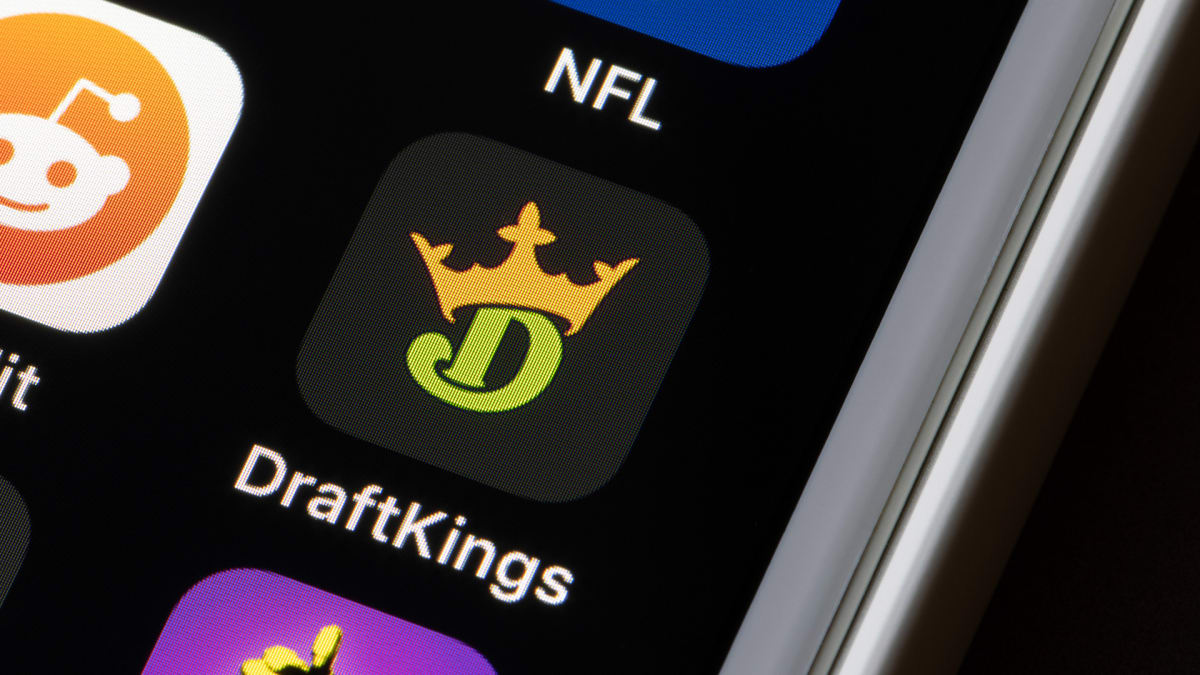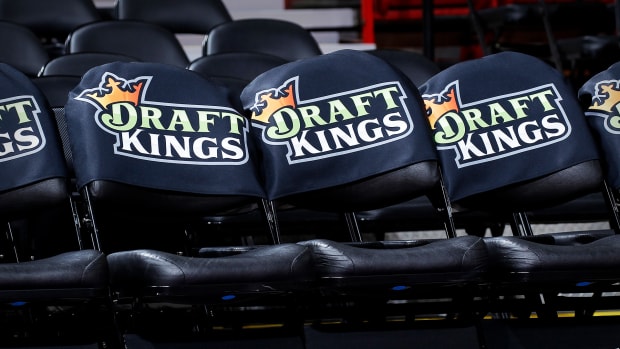
You’re probably well aware that most sports gamblers lose, with estimates that only 1% to 5% of them are profitable long-term.
An estimated 70% to 80% of sports betting takes place online, on platforms owned by the likes of DraftKings (DKNG) and FanDuel.
The trends for non-professional bettors on the Internet isn’t good. “Average overall returns for recreational gamblers are negative and getting worse, according to reports by gambling companies to their investors and state regulators, as well as interviews with industry experts,” The Wall Street Journal reports.
“Simply put, the average Joe is winning less, while gambling companies are winning more.”
The culprit is a form of gambling called parlay bets – something that gaming companies are promoting heavily, The Journal said. In a parlay wager you’re betting on multiple outcomes in the same bet. So if it’s a horse race, you might bet on who will win, place, and show in a trifecta. You have to get all elements of your bet right – three in that example – to win a payout.

Rocky Widner/NBAE via Getty
Plain Vanilla Versus Parlay Bets
On plain vanilla bets, where gamblers pick the winner of a single competition, the house typically keeps about 5% of all the money wagered by gamblers. (The other 95% goes to the winners).
That rate pales in comparison to the 15% to 25% hold rates typically racked up on parlay bets, The Journal reports. Obviously it’s more difficult to win a bet where you have to predict more than one outcome.
Sports-betting platforms are promoting parlays vigorously to lure gamblers. DraftKings told The Journal that its customers “love having the ability to win multiples of their bets by combining several outcomes.”
Of course, there is a risk for the sportsbooks: that customers get tired of losing money on parlays and then stop doing it. Still, if gamblers get addicted to the thrill of parlays, they may not stop until they’ve ruined their finances and perhaps other elements of their lives.
Sports Gambling Risks
There are several red flags for sports gambling. Perhaps the biggest is the addiction issue just mentioned. Also, the gambling business is one of the few in which the interests of companies and customers aren’t aligned.
If you’re buying a car, both you and the car maker want a quality car. If an auto company sells a lot of lemons, it’s going to lose business fast.
But gambling is a zero-sum game. The house wins only when you lose, and vice versa. So it’s in a gambling company’s interest for you to lose as much money as possible. The caveat is that it’s not in a company’s interest for you to stop gambling out of dismay at losses before you go broke.
But in the end, it seems gambling companies would benefit from customers gambling until they go broke. To be sure, if that became a widespread trend, a public outcry would likely arise, which could lead to a clampdown on the industry.
So gambling companies have something of a balancing act: to take their customers money, but not to drive them away because of too many losses and not to facilitate too many bankruptcies.







